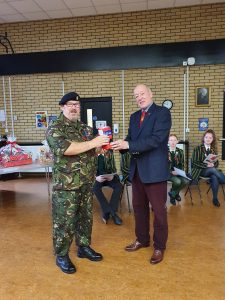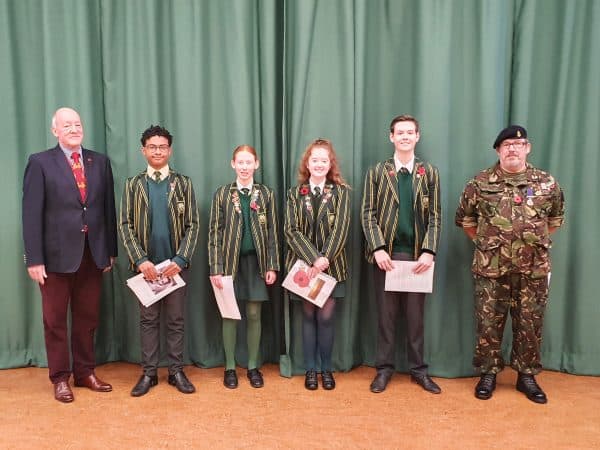REMEMBRANCE DAY ASSEMBLY – 11.11.20
We held three Remembrance assemblies today for pupils in Years 1 to 11. Glyn Sherman – Royal British Legion representative – was in attendance at all three


2.Song: We’ll Meet Again (Vera Lynn) – https://www.youtube.com/watch?v=XTN0v-qGZrw


- Two Minutes Silence
Last Post & Reveille – https://www.youtube.com/watch?v=2weDBlOTgmo
- Poem ‘For the Fallen’ (Laurence Binyon) – Noah Johnson
‘For the Fallen’ was written by Laurence Binyon in September 1914 after the battle of Mons – a campaign in which Britain sustained heavy losses.
With proud thanksgiving, a mother for her children,


- Brief: Vera Lynn and ‘We’ll Meet Again’ – Lilly Tailby
Dame Vera Lynn, who died this year at the age of 103, was Britain’s wartime Forces’ Sweetheart, and remained one of the country’s most potent symbols of resilience and hope.
With songs such as We’ll Meet Again and The White Cliffs of Dover, she inspired both troops abroad and civilians at home during World War Two.
She discovered her talent for singing at an early age and was performing in local clubs when she was seven.
Her broadcasting debut came in 1935, singing with the Joe Loss Orchestra, which led to regular radio appearances and widened her circle of fans.
But in 1939, war intervened as Neville Chamberlain announced that Britain was at war with Germany. She volunteered for war work but was told the best thing she could do was to keep on being an entertainer.
In the same year, 1939, she first sang We’ll Meet Again, the song that more than any other came to be associated with World War Two. Its underlying message of hope – that scattered families would eventually be reunited after the conflict – struck a chord with troops abroad and their relatives at home.
Lynn spent the war years entertaining the troops, performing in hospitals and army camps, and travelling as far as India and Burma, staying in tents and grass huts.
Vera Lynn’s success continued well into peacetime and, in 1952, she became the first British artist to have a number one hit in America.
In 2009, at the age of 92, Lynn became the oldest living artist to top the British album chart, outselling both the Arctic Monkeys and the Beatles.
In 1976, Vera Lynn was made a dame and in 2000 she was named as the Briton who best exemplified the spirit of the 20th Century.
In a televised address in April this year, the Queen evoked Dame Vera’s wartime message, assuring families and friends who were separated during the coronavirus pandemic: “We will meet again.”
Then in May, We’ll Meet Again was used during the finale of the BBC’s coverage of the VE Day anniversary. That led to an album that was released for her 100th birthday.
After a lifetime of service to her country, Dame Vera was still held as the embodiment of the best of the British spirit.
- Song: We’ll Meet Again (Vera Lynn) – https://www.youtube.com/watch?v=XTN0v-qGZrw







